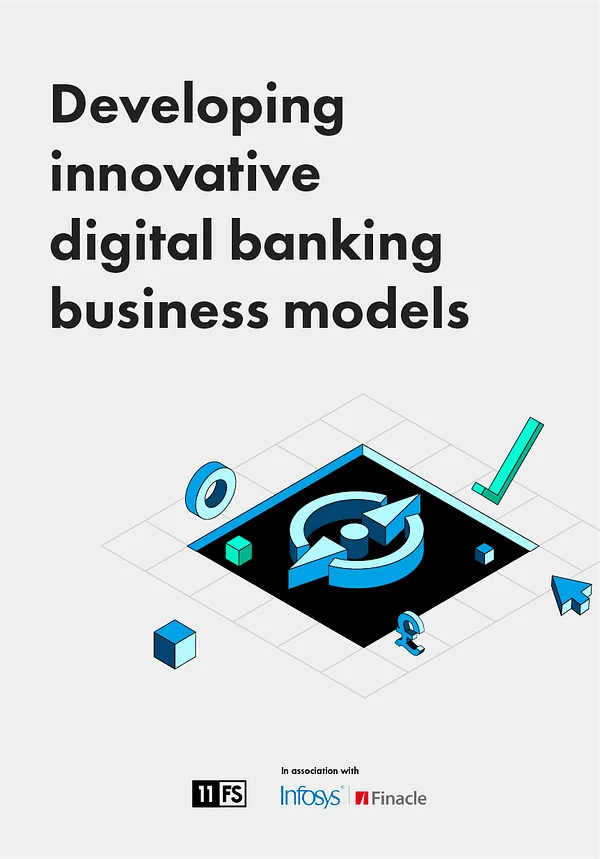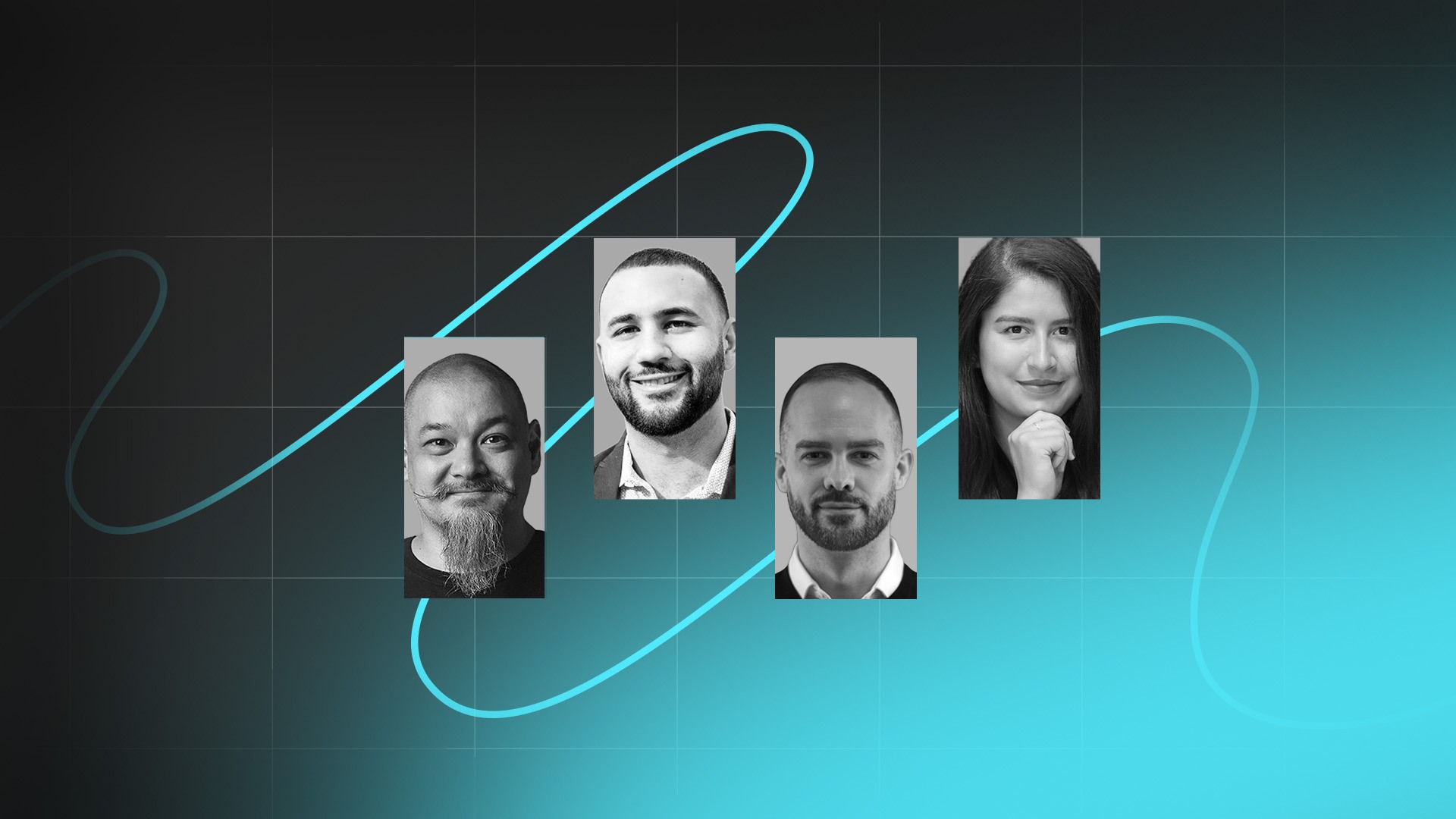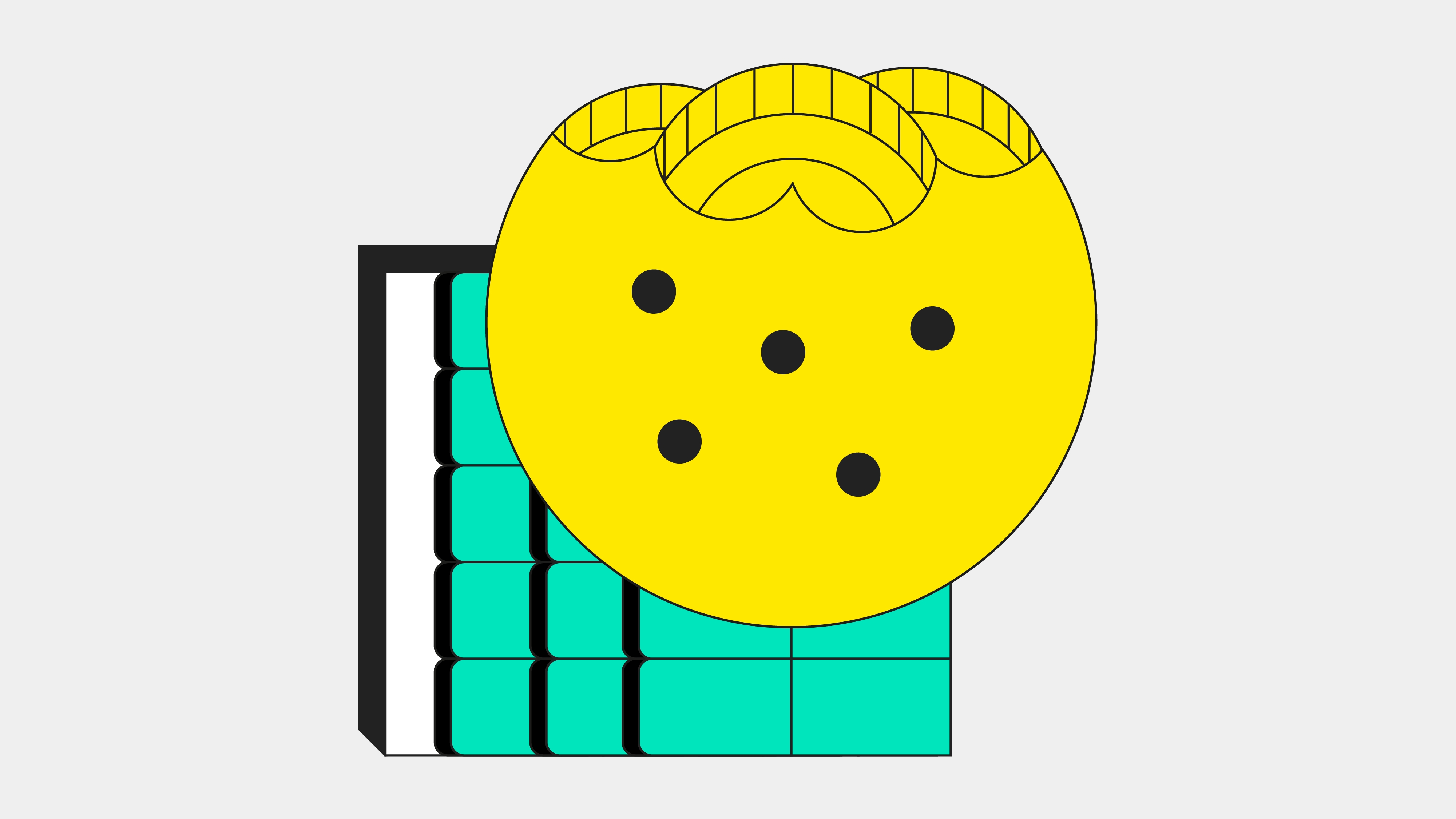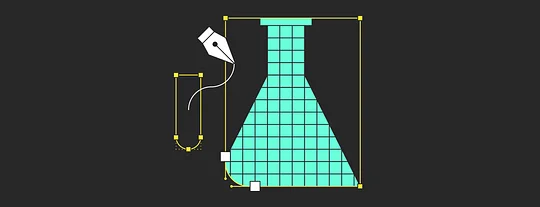Working with agencies can sometimes feel like you spend weeks or even months covering ground that you already know before you start seeing value.
You’re the expert in your field. But agencies and consultancies often have a default mindset - no matter what, their research, methods and insight is better than yours. And don’t even think about saying otherwise.
But great products can start with a simple hypothesis. Trust your hunches. Follow your assumptions. Test your hypotheses. They might just lead to winning customer propositions.
But great products can start with a simple hypothesis.
For sure, testing a hypothesis is a different starting point to what a lot of agencies would swear by. But it’s not an inferior method and, if you know your market, it can help you move faster through the early stage of proposition development.
Knowing your market means knowing your customers’ Jobs to be Done, competitor gaps and what you can do to fill them. If you’re in that sweet spot, it’s time to move into make/test/learn cycles. This is where you spin up something tangible and start learning fast.
This part is super exciting, but keep your head - it doesn’t mean crack on and build your whole product. It means design something that’ll help you explore your hypothesis, and do it quickly. Focus on designing experiments that give your hunch more focus. What this involves is up to you, as long as they help you to prove, disprove or learn something about your hypothesis. Depending on what it is, there are some great tools out there to support quick, focused experiments. If you need proof at scale, Maze is a great example. But you might just want some laser-focused conversations with a handful of potential customers. In that case, a landing page mock-up and a good conversation will go a long way.
Taking this hypothesis-led approach will get you to an answer so much quicker than following a traditional research approach. And the real beauty? If your hunch was correct, you’ve cut the queue. If it wasn't, you haven’t wasted too much time failing. Back on the horse.
If your hunch was correct, you’ve cut the queue. If it wasn't, you haven’t wasted too much time failing.
It’s all well and good proving your idea is great in the customers’ eyes, but you have to know if it’s viable and feasible. Your Minimum Loveable Product (MLP) can easily become bloated. To avoid this, you need technical appreciation, a tight roadmap and a healthy dose of the cynicism that comes with knowing how hard it is to get a proposition off the ground.
Just a word of caution - it’s super important you know your customer and your market before you play this game. But if you do, the rewards are rich. We put together a checklist to see if this method is for you:
- I have evidence that the customer problem I’m solving is real
- I’m confident that this is a problem for enough people to make this worthwhile
- I’m confident that no one else in my market is solving this problem well
- I have a strong hypothesis about what the solution could be
- I’m super passionate about this and I’m impatient to get started
This kind of approach only works with a consultancy that knows your domain as well as you do. Here at 11:FS, we can offer an educated, outsider perspective on your hypothesis. Not only that, but when it comes to bringing concepts to life, we’ve been designing and analysing the most successful design patterns for years. We know how to accelerate the process so you can focus on what makes you different.
If this sounds like you, it’s time to trust your hunch and turn hypothesis into concept.





.svg)
.svg)






